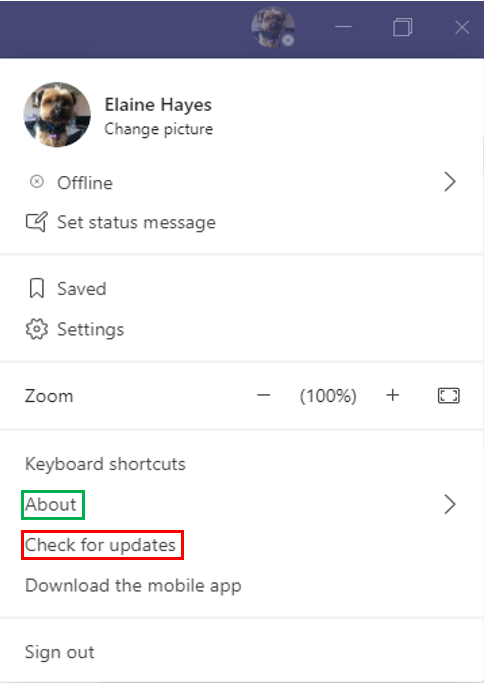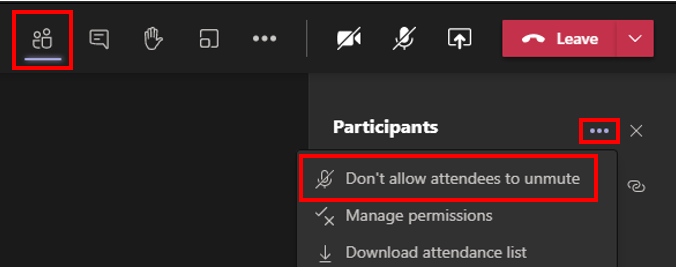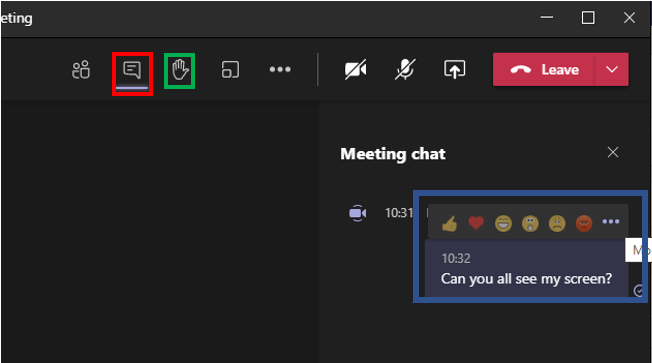If you're interested in DB internals, stop what you're doing and watch @CMUDB Quarantine Talk from Nico+Cesar about @SQLServer's Cascades query optimizer: https://t.co/FCdsbHHEaD
Many talks this semester were good. This one is the best. My thread provides key takeaways
Answer: @cosmosdb is using it. @SQLServer is more conservative and using a minor form of it.
More from Internet
We’ve spent the last ten months building #CitizenBrowser, a project that aims to peek inside the Black Box of social media algorithms, by building a nationwide panel to share data with us. Today, we are publishing our first story from the project. /1
.@corintxt crunched the numbers and found that after Facebook flipped the switch for political ads, partisan content elbowed out reputable news outlets in our panelists’ news feeds. https://t.co/Z0kibSBeQZ /2
You can learn more in our methodology, where we describe how we did this and what steps we took to ensure that we preserved the panelists' privacy. https://t.co/UYbTXAjy5i /3
Personally, this project is the culmination of years of experiments trying to figure out how to collect data from social media platforms in a way that can lead to meaningful reporting. I’ve described a couple of highlights below 👇 /4
My first attempt was in 2016 at Propublica, when I was working with @JuliaAngwin . We were interested in seeing if there was a difference in the Ad interests FB disclosed to users in their settings and the interests they showed to marketers. /5
.@corintxt crunched the numbers and found that after Facebook flipped the switch for political ads, partisan content elbowed out reputable news outlets in our panelists’ news feeds. https://t.co/Z0kibSBeQZ /2
You can learn more in our methodology, where we describe how we did this and what steps we took to ensure that we preserved the panelists' privacy. https://t.co/UYbTXAjy5i /3
Personally, this project is the culmination of years of experiments trying to figure out how to collect data from social media platforms in a way that can lead to meaningful reporting. I’ve described a couple of highlights below 👇 /4
My first attempt was in 2016 at Propublica, when I was working with @JuliaAngwin . We were interested in seeing if there was a difference in the Ad interests FB disclosed to users in their settings and the interests they showed to marketers. /5
Well, this should be a depressing read -- notably because the UK and the US are both terrible when it comes to data protection, but the UK appears to be getting a pass. So much for 'adequacy'.
A few initial thoughts on the Draft Decision on UK Adequacy: https://t.co/ncAqc93UFm
The decision goes into great detail about the state of the UK surveillance system, and notably, "bulk acquisition" of data, and I think I get their argument. /1
For one, while the UK allows similar "bulk powers," it differs from the US regime both in terms of proportionality, oversight, and even notice. Some of this came about after the Privacy International case in 2019 (Privacy International) v Investigatory
Powers Tribunal [2019]) /2
Whereas, other bits were already baked in by virtue of the fact that the Human Rights Act is a thing (This concept doesn't exist in the US; rather we hand-wave about the Constitution and Bill of Rights, and then selectively apply it) /3
For example, UK bulk surveillance (I'm keeping this broad, but the draft policy breaksk it down), substantially limits collection to three agencies: MI5, MI6, and GHCQ). By contrast, it's a bit of a free-for-all in the US, where varying policies /4
At least we have a draft of the adequacy decision. I haven't read it yet, mostly because I'm afraid I'll be disappointed that it doesn't address the UK's penchant for surveillance. https://t.co/puJiVET2SJ
— Don Edwards (@DMEdwards) February 20, 2021
A few initial thoughts on the Draft Decision on UK Adequacy: https://t.co/ncAqc93UFm
The decision goes into great detail about the state of the UK surveillance system, and notably, "bulk acquisition" of data, and I think I get their argument. /1
For one, while the UK allows similar "bulk powers," it differs from the US regime both in terms of proportionality, oversight, and even notice. Some of this came about after the Privacy International case in 2019 (Privacy International) v Investigatory
Powers Tribunal [2019]) /2
Whereas, other bits were already baked in by virtue of the fact that the Human Rights Act is a thing (This concept doesn't exist in the US; rather we hand-wave about the Constitution and Bill of Rights, and then selectively apply it) /3
For example, UK bulk surveillance (I'm keeping this broad, but the draft policy breaksk it down), substantially limits collection to three agencies: MI5, MI6, and GHCQ). By contrast, it's a bit of a free-for-all in the US, where varying policies /4


























